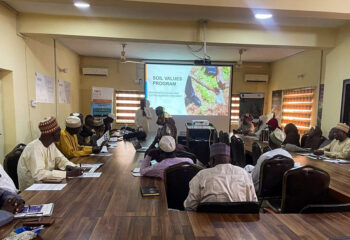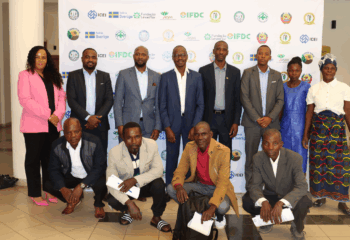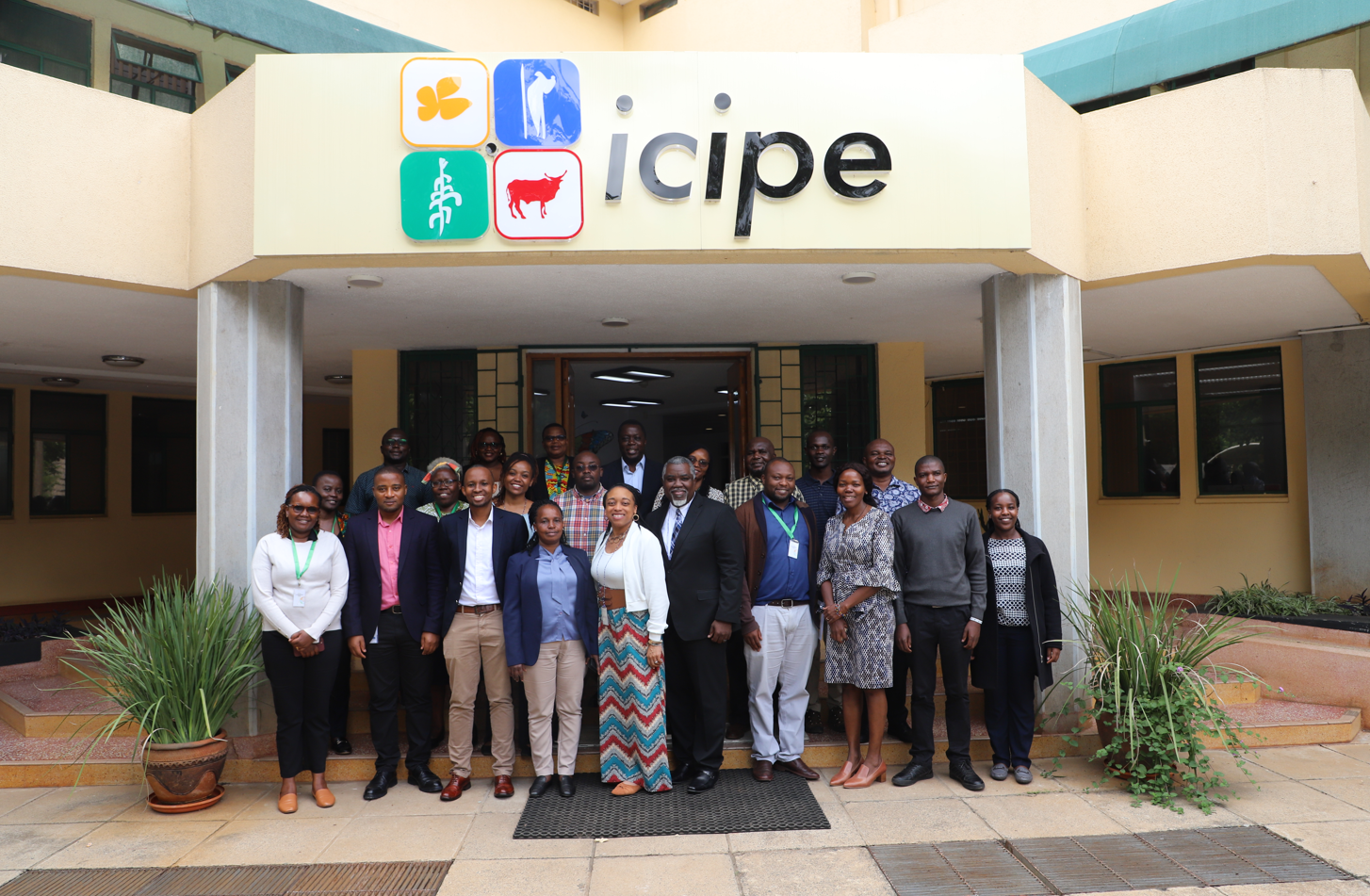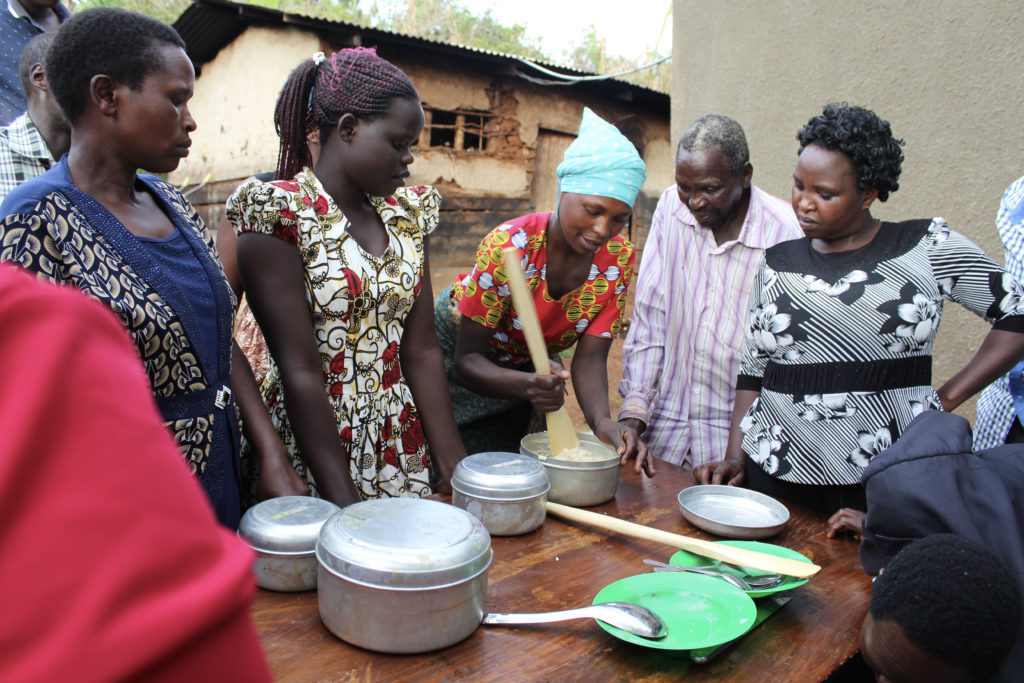
This opinion piece originally appeared in Trouw.
The world is being shaken to its foundation. The cards are being reshuffled, and long-term strategic development plans are being rewritten. We have suddenly been introduced to a new stream of refugees who, for now, are being welcomed with open arms.
We are most directly affected by steep gas prices. The state is calling for shorter showers, lower thermostats, and extra sweaters and blankets. But our food is also getting more expensive. We spend about 8 percent of our income on food.
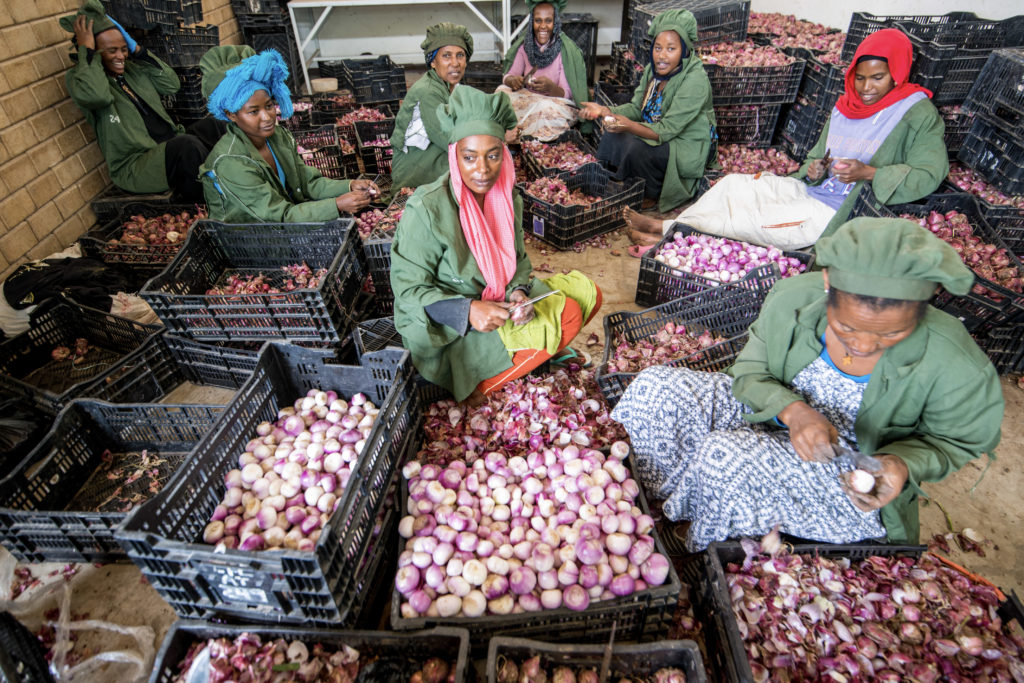
We can bear that pain, but how much heavier is that pain in countries where up to 80 percent of household income is spent on food? One-quarter of the people in Africa live in conditions that leave them without food security. The COVID-19 pandemic has already left its mark, but with today’s war in Ukraine, there will be more deaths from hunger in Africa than in the war zone itself. Distressingly, Africa remains burdened with hundreds of millions of starving people, and the West has turned its back on the continent for decades.
With skyrocketing commodity prices and scarcity of fertilizer due to the loss of major producers, Russia and Ukraine, it is estimated that food production in Africa could fall by at least one-third because of reduced fertilizer imports.
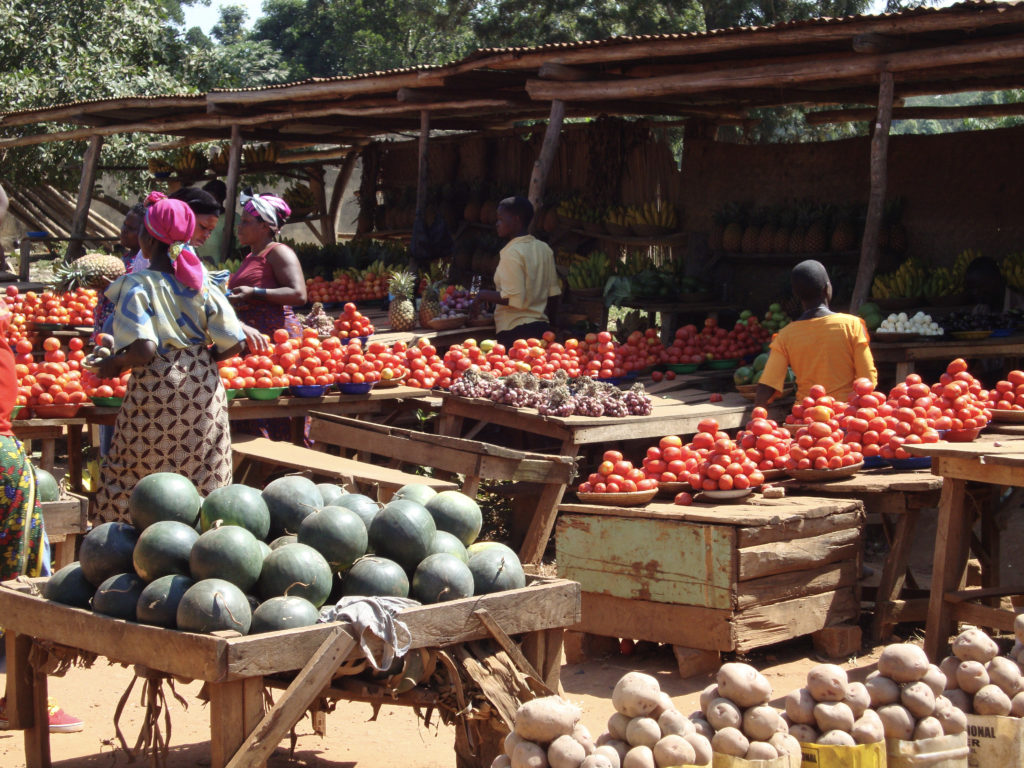
Asian nations did lay a foundation
Following the example of Europe and America, the Asian nations have supported their agricultural development with their own resources as well as donor funds. In doing so, they have laid a foundation for the development of their industry and service sector.
In contrast, the African continent has been discouraged from investing in agriculture for decades. Priority was given to developing an industry for the export of raw materials. As a result, agricultural development would be unnecessary, as food could then be purchased.
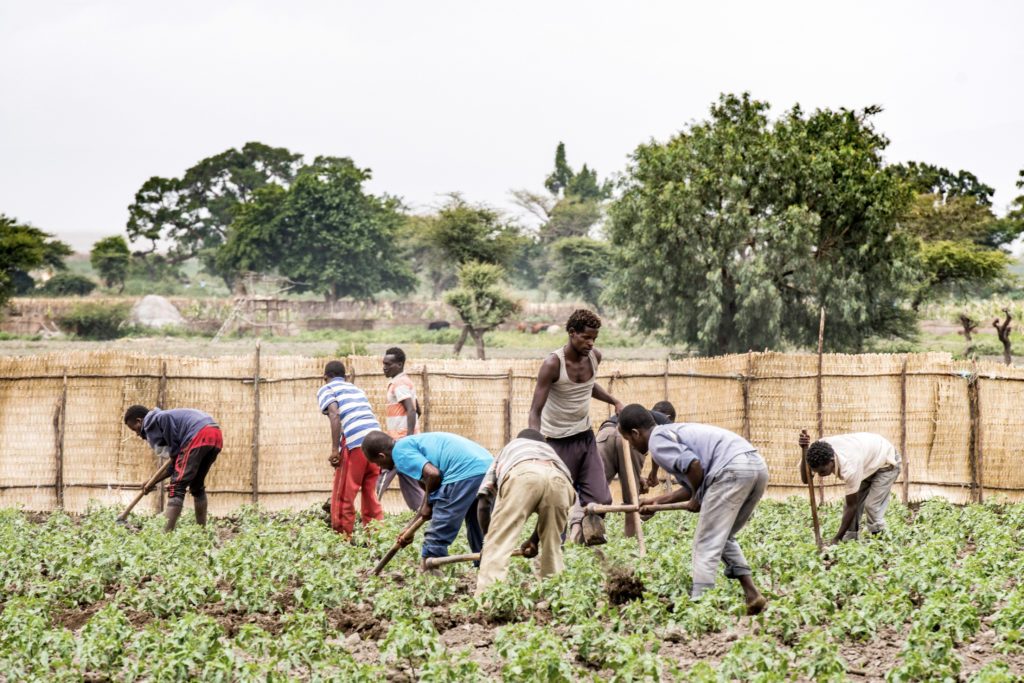
The liberalization policies of the World Bank and of donors further scaled back support for agriculture, through a reduction in subsidies and public agricultural extension services. Moreover, European policies placed additional pressure on local production by dumping cheap food and only sparingly allocating development funds to agricultural development.
While agricultural development is lacking, the population is still growing explosively. In 1990, the United Nations estimated that the number of people in Africa would be 1.2 billion in 2040, but adjusted the number in 2019 to 2.2 billion by 2040 – a growth that would then continue to reach 4 billion by the end of this century. Without an improvement in the living conditions of Africans, Europe could be flooded with immigrants who will be less embraced than those from Ukraine.
Europe would do well to set its sights on the agricultural development of the African continent, and that certainly applies to the Netherlands, as a world power in agriculture and water management. That development will lay the ground for improved prosperity.
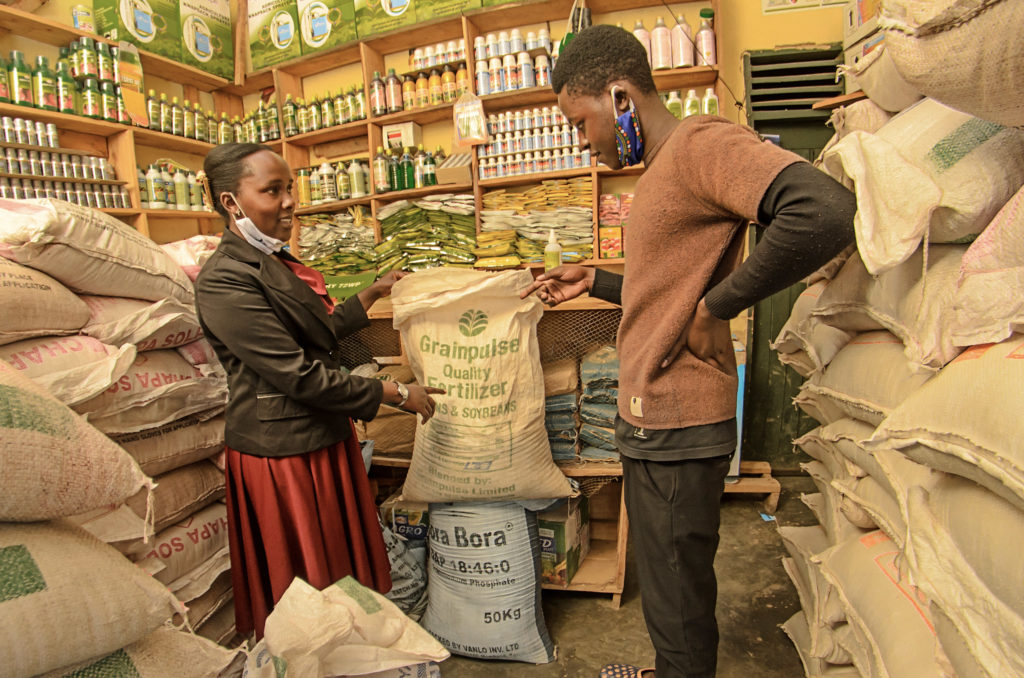
The soil is poor on the old, weathered continent of Africa
However, the actual soil that must support agricultural production is very unhealthy on the old, weathered continent of Africa. In the 18th century, Dutch farmers allowed their cows and sheep to graze on surrounding soils, thus gathering nutrients for their arable land through manure. A family could provide food for one other family with this organic farming system.
The use of inorganic fertilizer, which provides adequate nutrients for plants, allowed yields to rise and many more mouths to be fed. However, its excessive use creates environmental problems. Therefore, current public policy sentiments to ban fertilizer are understandable. However, a system that does not include the use of fertilizer to develop agriculture on the African continent will lead to even more hunger and poverty. The poor soils can barely support the production of sufficient animal manure to provide enough food for a family, let alone allow agriculture to be the engine of the continent’s overall development.
Over half of the world’s food is produced using inorganic fertilizers. Sri Lanka has recently followed the path of organic farming and cut its fertilizer imports by half. The country is now facing food shortages, with crop yields reduced by 50 percent, and it has retraced its steps.
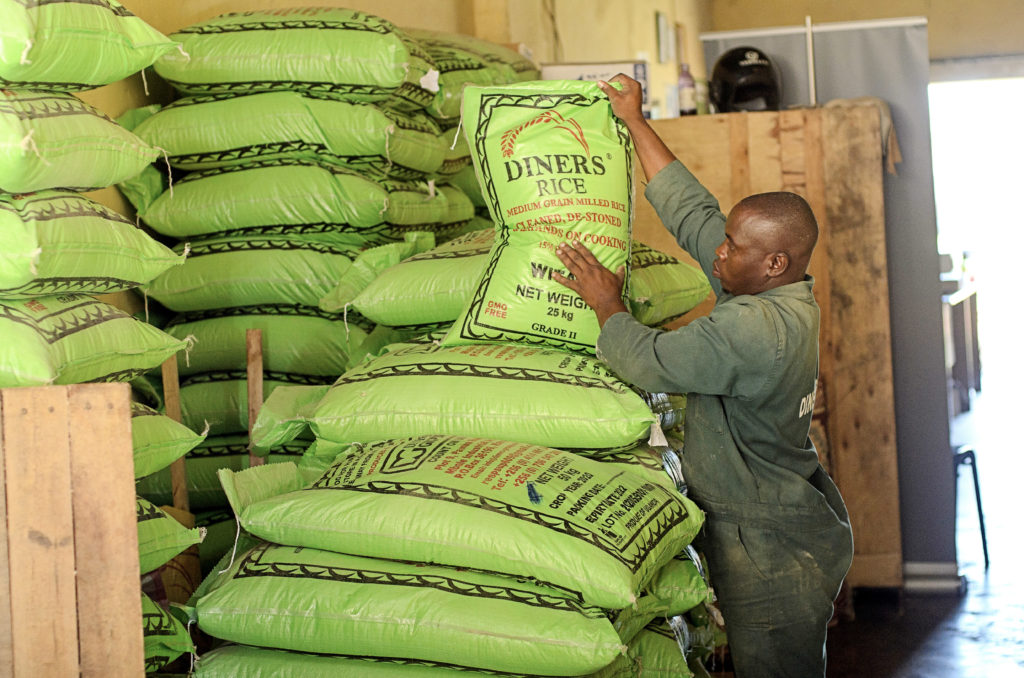
Food production in Africa could fall by at least one-third
With skyrocketing commodity prices and scarcity of fertilizer due to the loss of major producers, Russia and Ukraine, it is estimated that food production in Africa could fall by at least one-third because of reduced fertilizer imports. The resulting misery will be incalculable.
The judicious use of fertilizer, along with available manure and crop residues, and attention to small-scale management of rainwater will prevent environmental problems. This will have to be integral to a broad, long-term development path, with various democracies coming together to implement a common approach. While acute events are spurring us to immediate action, a long-term investment in integrated land and water management on the African continent will ultimately propel both Europe and Africa forward.

